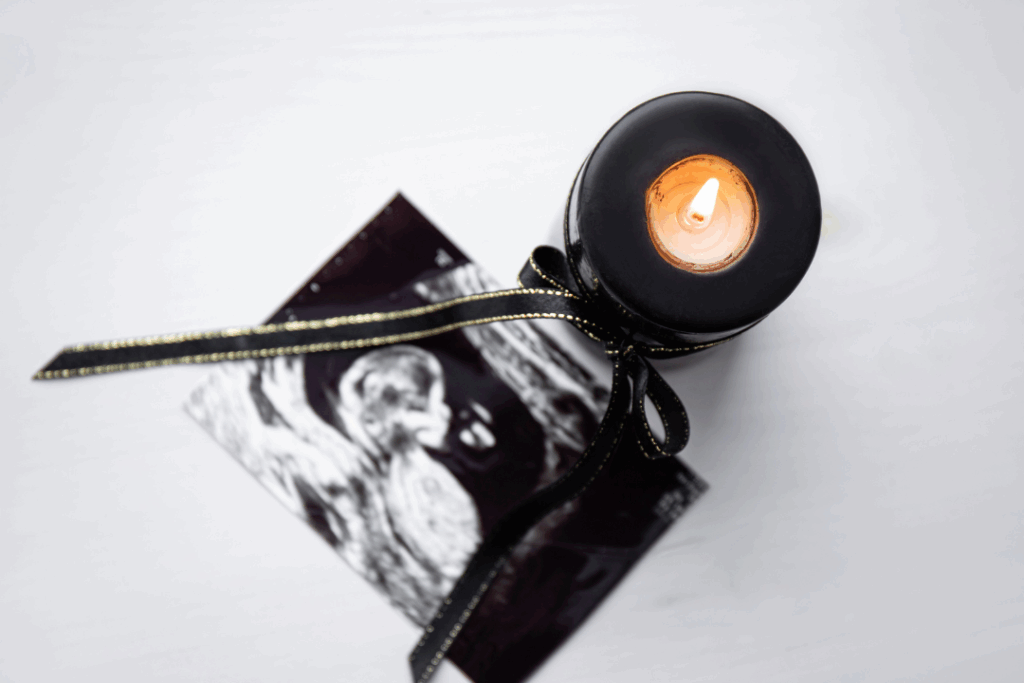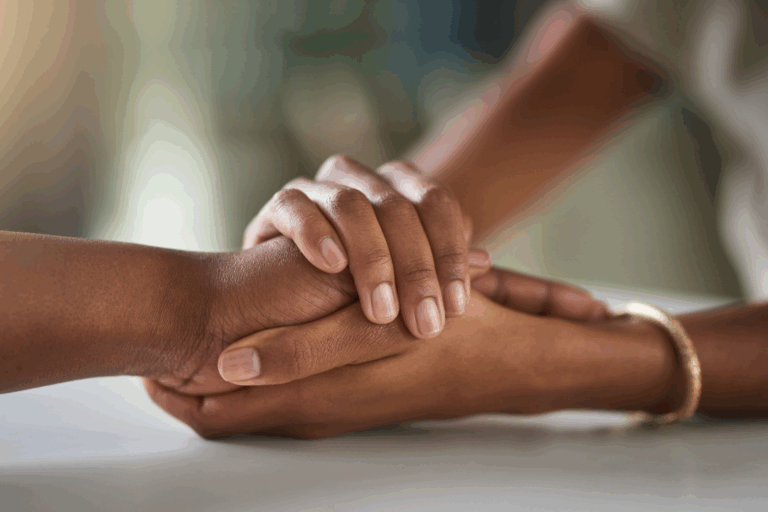Losing a baby through miscarriage, termination due to foetal anomalies, late pregnancy loss, stillbirth or death, will result in enormous emotional pain and suffering. If you are trying, unsuccessfully, to fall pregnant, you may also experience a sense of loss each time your period arrives.
Each woman will experiences this loss differently, depending on her age, how long she has been trying to fall pregnant, how many rounds of fertility treatment she has gone through, or simply the financial burden of treatment.
The way in which loss is processed is different for each individual and is not necessarily sequential. For many, there is an overwhelming sense of disbelief and shock. You may also feel angry about the perceived unfairness of your situation, or guilt that you may have done something or not done something to cause the loss. There may be periods of depression and despair but it does get easier. In time you will find hope as you start the process over.
Your partner
Losing a baby can place immense strain on your relationship. The grief is deep, complex, and often experienced differently by each partner. While one may need space, the other might crave closeness. Hormonal shifts, emotional exhaustion, and the sheer weight of sadness can leave you feeling raw, disconnected, or even resentful. It’s not uncommon for tension to arise—especially if communication breaks down or expectations around how to grieve aren’t aligned.
What’s critical during this time is to protect your relationship from blame or guilt. Focusing on why it happened or who coped better serves no purpose and can create distance when what you truly need is understanding and compassion. Grieve together, however differently you may feel it, and allow space for both your pain and your partner’s.
Healing
Each failed attempt at falling pregnant, or pregnancy loss, will be followed by a recovery process. You need to be active in this process in order to prepare for the next round of fertility treatment or the next pregnancy. Follow these practical tips to aid emotional and physical recovery:
- Know this is a biological issue and medical science can offer many levels of solutions.
- The grieving will lessen with time; it comes in waves but will eventually ease. Tell yourself: “Today I am feeling …” This suggests that you may feel better tomorrow.
- Try to think about how you have coped with previous losses – of a parent, pet or close friend. Accessing earlier coping skills may help recovery at this time. For many, this includes finding spiritual or religious comfort and meaning.
- Take care of the physical side of recovery – eat well, sleep well and exercise. Rest is essential to repair your body. Physical exercise that involves relaxation and breathing such as yoga or Pilates can help.
- Access helpful support:
- Speak to a close relative, friend or counsellor you can trust.
- Avoid people who drain you and inundate you with opinions.
Supporting a friend
You may not be able to take away the pain and grief, but just being available and present is offering support. Perhaps the most helpful thing that you can say is, “How are you today?” It acknowledges that grief is a cycle and that you care in that moment. You can also simply mirror their emotions and not try to rationalise the grief.




